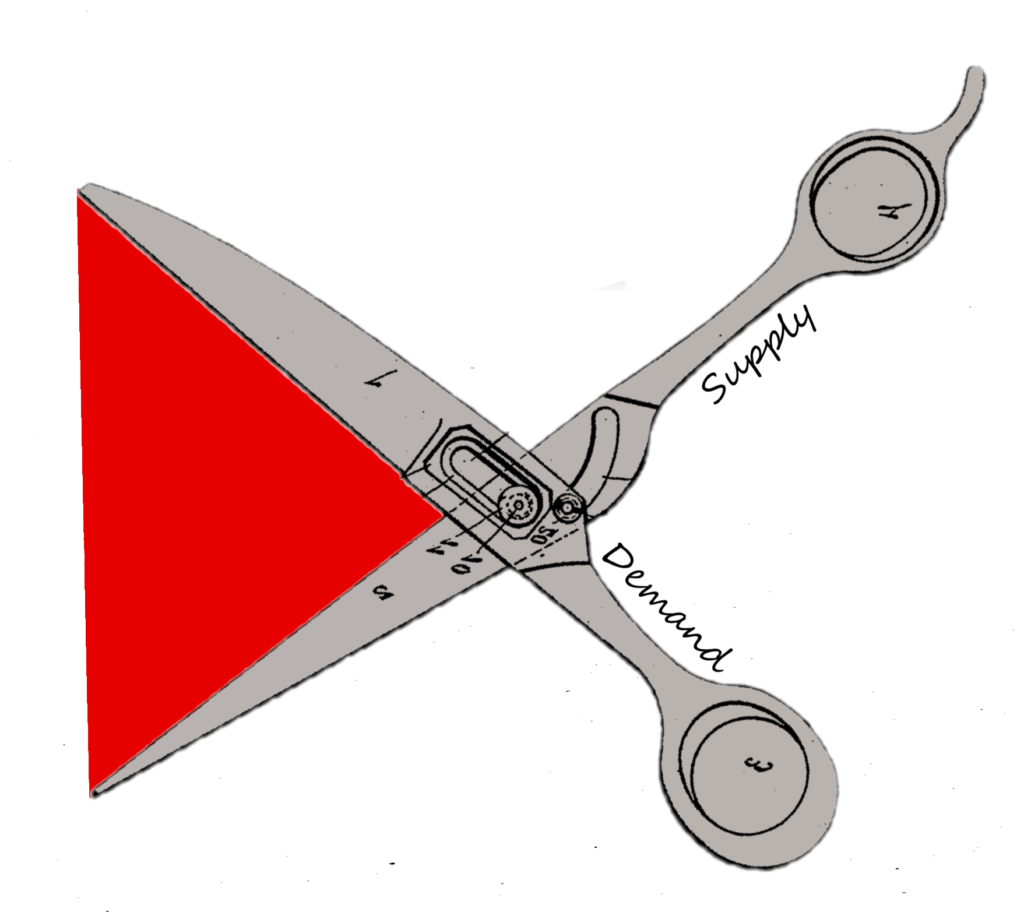
The University of Kentucky Rosenberg College of Law, with support from John S. and James L. Knight Foundation, will convene a daylong conference on Friday, February 19, 2021 that will bring together lawyers and economists interested in advancing the wealth-distributive analysis of legal problems, and explore applications to current debates regarding tech law and policy. (The conference will be held entirely online unless virus concerns greatly abate, in which case there will be an option to attend in person in beautiful Lexington, Kentucky.)
Please see the conference website for more detail.
Those interested in presenting a paper at the conference are encouraged to submit a title and abstract of 400 to 1000 words that falls within any of the following three tracks:
(1) Work in the inframarginalist tradition, regardless of application to tech policy. Work in law and economics that focuses on the distribution of wealth fits here. Intellectual histories or literature reviews that treat figures associated with the movement described in Barbara Fried’s book, The Progressive Assault on Laissez Faire: Robert Hale and the First Law and Economics Movement, also fit here.
(2) Work on tech law or policy from a wealth-distributive perspective. Papers on privacy, misinformation, free speech online, Section 230, antitrust, platform regulation, personalized and dynamic pricing, algorithmic collusion, algorithmic central planning, and the like would all fit here, so long as they have a wealth-distributive valence.
(3) Work on the crisis of media funding in the shadow of the tech giants. Papers on the funding crisis faced by newspapers today and policy solutions fit here. Work touching on the role of rents in traditional approaches to media funding (e.g., local advertising monopolies), and ways in which the media industry has sought to find new sources of rents in the information age (e.g., through private agreements with the tech giants) are particularly encouraged.
All viewpoints are welcome. The relevance of the wealth-distributive perspective in law and economics to tech policy is not a foregone conclusion. Accordingly, papers critical of inframarginalism or its relevance to tech policy would be most welcome, as of course are papers that fall within the inframarginalist tradition.
Those wishing to submit a complete paper have the option to do so in addition to submitting a title and abstract. Please email your submission to admin@inframarginalism.net with the subject line “[Conference Submission]”. The submission deadline is Friday, October 2, 2020. Acceptances will be communicated no later than December 4, 2020. Drafts of accepted papers will be due on January 15, 2021.
